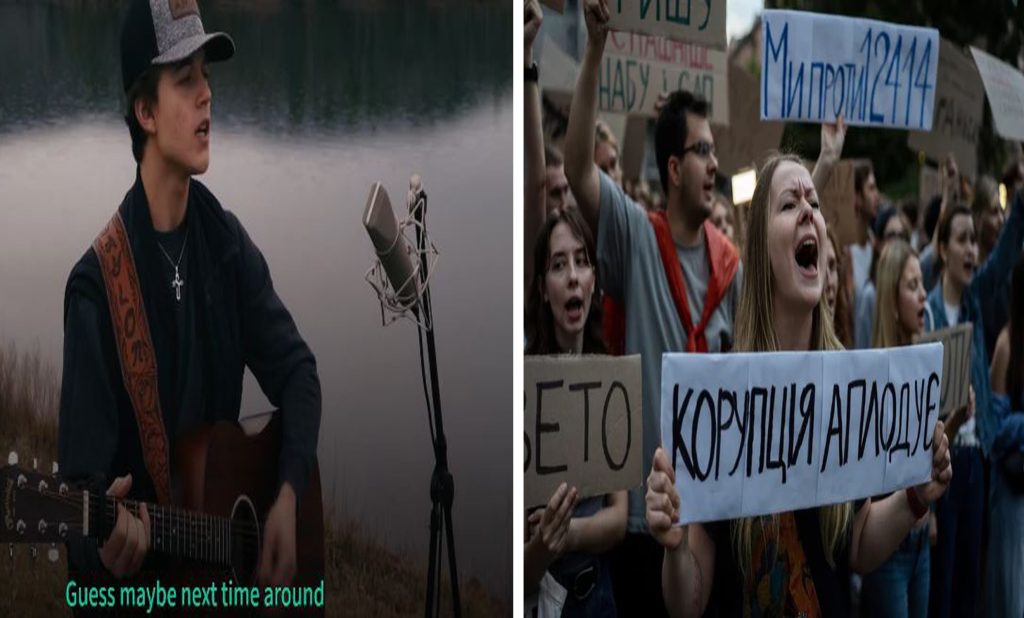
As tensions between Ukraine and Russia escalate, thousands of Ukrainians have taken to the streets to protest the newly passed mobilization law, calling it unfair and biased against the poor while allowing the wealthy to avoid military service. Massive demonstrations have erupted in Kyiv and other Ukrainian cities, with protesters warning that the law could deepen social divisions amid the ongoing war.Ukraine Rejects New Mobilization Law
Background of the Law and Reasons for Protests
Ukraine’s parliament approved the new mobilization law to strengthen the armed forces in response to increasing Russian threats. The legislation expands mandatory conscription and imposes harsher penalties on draft evaders. However, critics argue that the law lacks social justice, as it enables the wealthy to pay their way out of military service while forcing the poor to fight on the front lines with inadequate protections.
One protester in Kyiv stated, “This law entrenches inequality—while the poor pay the price of war, the rich can buy their freedom.” Others fear the law could be used to suppress political opponents under the pretext of “national defense.”Ukraine Rejects New Mobilization Law
Official and Public Reactions
While the Ukrainian government insists the law is necessary to bolster national security, opposition leaders and human rights organizations have strongly condemned it, arguing that it undermines citizens’ fundamental rights. Experts also warn that forcing untrained civilians into combat could lead to higher casualties within the Ukrainian military.
Some lawmakers have called for amendments to ensure fairer treatment of conscripts, including better service conditions, guaranteed medical care, and proper compensation for soldiers’ families.
Potential Domestic and International Consequences
As protests continue, concerns grow that the law could further divide Ukrainian society, already strained by economic hardships since the war began. Rising public discontent may also weaken the government’s standing internationally, even as Western allies support Ukraine against Russian aggression.
Meanwhile, Moscow is closely monitoring Ukraine’s internal unrest and may exploit any instability to reinforce its propaganda that Kyiv “does not represent the people’s will.”
The Law’s Future and the Fate of Protests
It remains unclear whether the Ukrainian government will revise the law in response to public pressure or enforce it strictly, citing “security needs.” With anger growing, the coming weeks could see even larger protests unless real guarantees are made to improve military service conditions.
The key question remains: Can Ukraine balance national defense demands with protecting citizens’ rights, or will this move deepen internal crises amid a brutal war?
In conclusion, the recent protests highlight a major challenge for Ukraine’s leadership—weighing wartime necessities against social justice. As Ukrainian forces continue resisting Russian aggression, national unity remains a decisive factor in the outcome of this prolonged conflict.

[…] The Southeast Asian region is witnessing renewed tensions between Thailand and Cambodia due to a long-standing border conflict centered around the ancient Preah Vihear Temple, a UNESCO-listed heritage site located on the disputed frontier between the two nations.Thailand-Cambodia Border Dispute […]